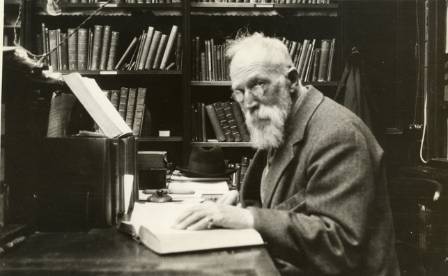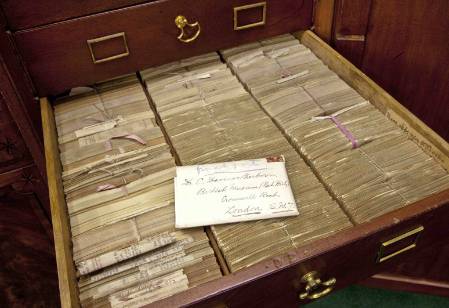In the run up to the landmark Rio+20 Earth Summit in Brasil this week, the Open Access resource – Sustainability: Science, Practice and Policy - has highlighted some of the key areas being discussed this year: ocean management; disasters; water; employment; food; cities; energy data in the article Creating the future we want.
This ejournal is freely available via Open Access and has a wealth of information in all areas related to sustainability and the environment. See the Researchers toolkit for analyising datasets, a visualisation tool for manipulating data and keep up to date with current issues and posts via the SSPP blog.
Read this and more reviews of the latest news and views in sustainability and environment with this peer-reviewed ejournal. This journal is available on the NHM Library catalogue.








